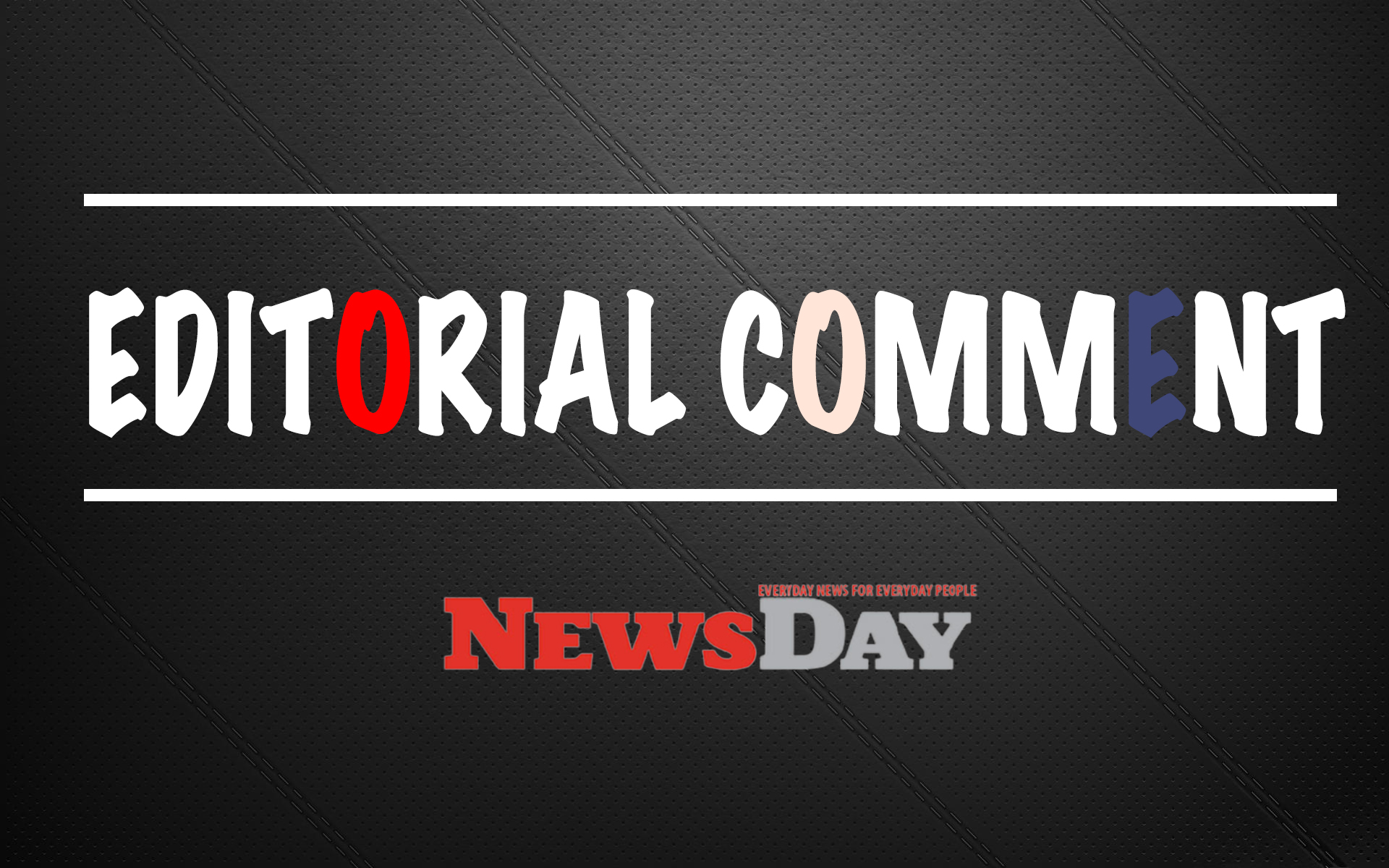
A SYSTEM of checks and balances has never been palatable in some African countries even after they attained independence from colonial rule. More often than not, those parties that won the election in the post-independence era have pursued some form of one-party State system.
Several African countries which took this route include Kenya, Ghana, Zambia, Mali, Senegal and Tanzania. They officially adopted the one-party system. Other countries or leaders simply made demons out of opposition figures and to all intents and purposes, behaved as if they were under one-party rule, subscribing to the notion pushed by Ghana’s Kwame Nkrumah that democracies were not ideal for the newly independent African States which needed unity of purpose to move forward.
Zimbabwe falls into this latter category and in 1987, then Prime Minister Robert Mugabe sought to create a one-party system by bringing his biggest nemesis, Joshua Nkomo and his PF Zapu party into a coalition under the “Unity Accord” which still subsists today after unleashing a reign of terror on citizens in the Midlands and Matabeleland provinces for reportedly supporting Nkomo’s party.
Mugabe was a committed socialist who believed that national unity was possible if a single party articulated national interests and to keep disparate interests away from the national platform to avoid clashes.
Like his predecessor, his successor, Emmerson Mnangagwa who was a key Mugabe man during the early 80s disturbances is apparently a keen devotee to the same principle of one-party State rule and since coming to power, has gone about dismantling pillars of democracy and making it impossible for any significant opposition to operate.
Here is how Kenyan Margaret Monyani, a lecturer at the University of the Witwatersrand in South Africa described a one-party State in 2018:
“A one-party system or a one party by definition refers to a political framework where a one/single political party forms and runs the government. This may happen in two ways. Firstly, the activities of the opposition may be completely outlawed such that even the opposition leaders are not allowed to participate in elections. Secondly, the chances of the opposition to clinch power are thwarted by the unfavourable legal framework that is in place. Notably, in some cases a dominant political party that is in power only allows other less dominant parties who are allied to it to exist, while completely outlawing the opposition parties.”
That pretty much describes what Mnangagwa has done or is determined to do at all costs to the opposition MDC Alliance led by Nelson Chamisa, the young man who almost beat him in the 2018 polls.
- Chamisa under fire over US$120K donation
- Mavhunga puts DeMbare into Chibuku quarterfinals
- Pension funds bet on Cabora Bassa oilfields
- Councils defy govt fire tender directive
Keep Reading
In hurried constitutional amendments, Mnangagwa last month allocated himself the power to appoint the Chief Justice, Deputy Chief Justice, Judge President and the Prosecutor-General. He also increased his powers to appoint judges to the Constitutional Court and Supreme Court without public interviews.
Since coming to power following a 2017 coup that removed Mugabe from the throne, he has appointed 30 judges, including the CJ.
He perhaps subscribes to another of Nkrumah’s sayings that: “It is far better to be free to govern or misgovern yourself than to be governed by anybody else.”
In Zimbabwe, that has put democracy in peril.











